Acne affects millions globally, making the quest for effective treatments a universal concern. Among the myriad options, natural acne remedies stand out as a beacon for those seeking alternative solutions. These solutions are significant in their ability to combat Acne and their gentle approach, minimising potential side effects of conventional treatments. These natural acne treatments promise a kinder yet equally effective approach to managing this pervasive skin condition by utilising acne-fighting ingredients derived from nature.
This article delves into natural remedies for Acne, exploring their mechanisms, efficacy, and how they can be integrated into daily skincare routines. It starts by understanding Acne and its causes, laying the groundwork for comprehending why specific natural ingredients work. Following this, it highlights effective home remedies for Acne, including key acne-fighting ingredients backed by research. In essence, this guide offers a comprehensive examination of natural remedies for Acne, providing readers with the knowledge to make informed decisions about their skincare.
What is Acne?
Acne is a skin condition where pores throughout the face are clogged, which can lead to blackheads, whiteheads, and various pimples, which can sometimes be painful. Due to hormonal changes, Acne mostly occurs in teenagers and young adults, and oftentimes in adults too, particularly women and individuals assigned female at birth (AFAB). A family history of Acne may increase one’s risk of developing the condition.
Types of Acne
There are several types of Acne, each requiring different treatment approaches. Identifying the type of blemish is crucial for effective treatment. The main types include.
- Fungal Acne (Pityrosporum Folliculitis) is characterized by itchy and inflamed breakouts resulting from yeast buildup in hair follicles.
- Cystic Acne causes deep, often painful pus-filled pimples that can lead to scarring.
- Hormonal Acne affects adults with an overproduction of sebum, leading to clogged pores.
- Nodular Acne is a type of Acne causing tender, nodular lumps under the skin.
Factors Contributing to Acne
- Genetic and Biological Influences: Genetic factors can significantly influence Acne, with a higher risk of developing severe Acne if one or both parents experience similar issues. Hormonal fluctuations, particularly during puberty, enhance sebum production, contributing to clogged pores and breakouts.
- Environmental and Lifestyle Factors: Environmental factors such as high humidity, pollution, and exposure to greasy or oily substances can exacerbate Acne. Lifestyle choices, including diet (high in sugars and dairy), stress levels, and the use of certain cosmetics, can also trigger or worsen Acne.
- Skin Type and Personal Habits: Individuals with oily skin are more prone to Acne as excess sebum can easily clog pores. Habits like touching the face frequently or picking at Acne can introduce bacteria and worsen the condition.
How Does Acne Develop?
- Sebum and Follicle Blockage: Acne begins when excess sebum and dead skin cells accumulate, blocking hair follicles. This environment is conducive to bacterial growth, particularly Cutibacterium acnes, which can cause inflammation and pus in more severe cases.
- Formation of Acne Types: Depending on how the follicle is blocked, Acne can manifest as blackheads (open clogged pores), whiteheads (closed clogged pores), or more painful forms like pimples and cystic lumps beneath the skin’s surface.
- Role of Androgens: Androgens, such as testosterone, increase through puberty, causing the sebaceous glands to enlarge and produce more sebum. This hormonal activity is a key driver in the development of Acne, especially during adolescence and young adulthood.
This section explores the multifaceted causes of Acne, highlighting the interplay between genetic predispositions, environmental factors, and personal habits that contribute to this common skin condition.
Effective Natural Remedies for Acne
Tea Tree Oil
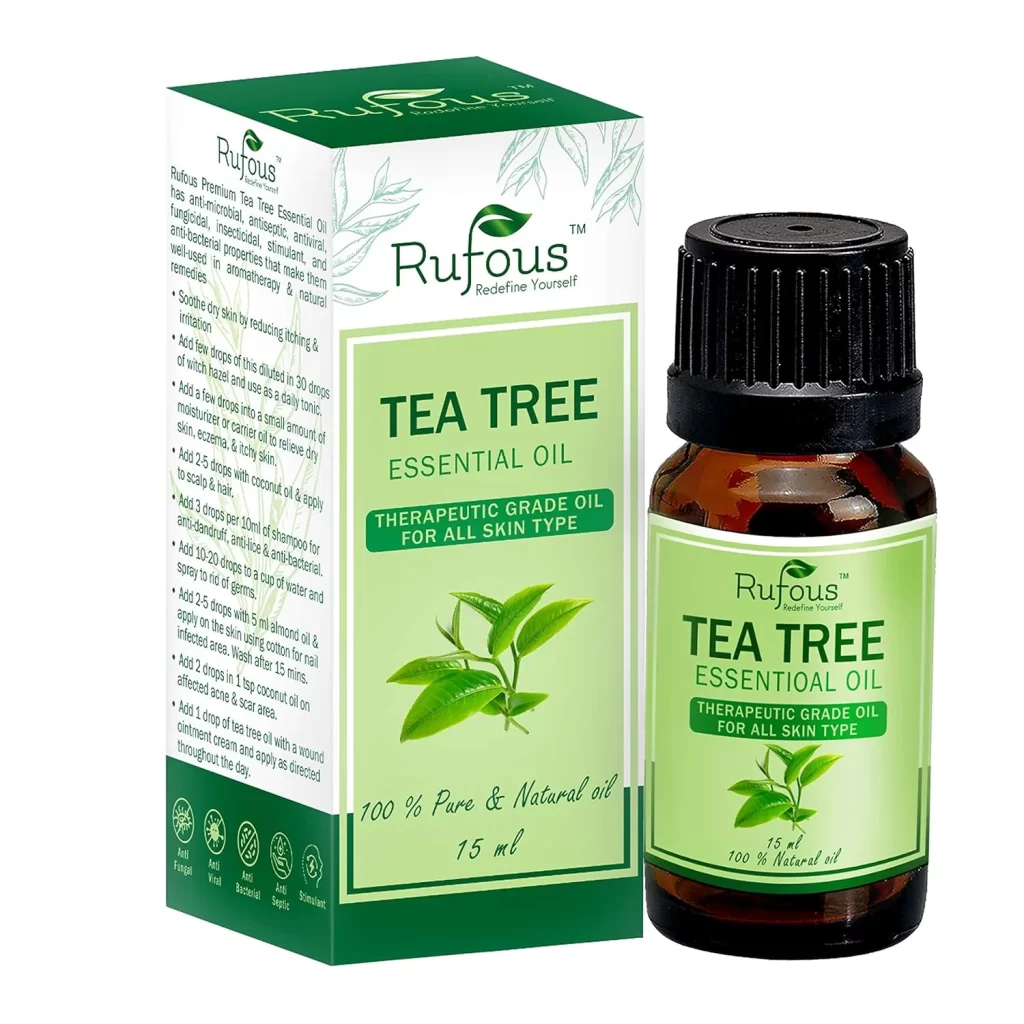
Tea tree oil, coming from the Melaleuca alternifolia tree, is anti-inflammatory and antimicrobial, which make it a potent acne treatment. Studies suggest it can significantly reduce inflammatory acne lesions like papules and pustules. It should be diluted with a carrier oil to prevent skin irritation for safe application.
Aloe Vera
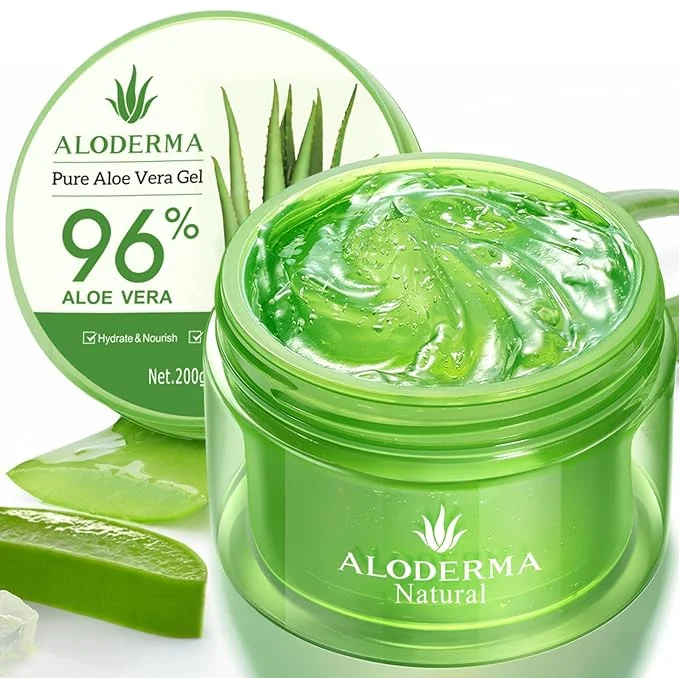
Aloe vera is renowned for its soothing, antibacterial properties, making it an effective ingredient in treatments for acne. It can be used alone or in combination with other natural ingredients like lemon juice or tea tree oil to enhance its efficacy. Due to its ability to remove bacteria, aloe vera helps treat active Acne and prevents future breakouts.
Honey
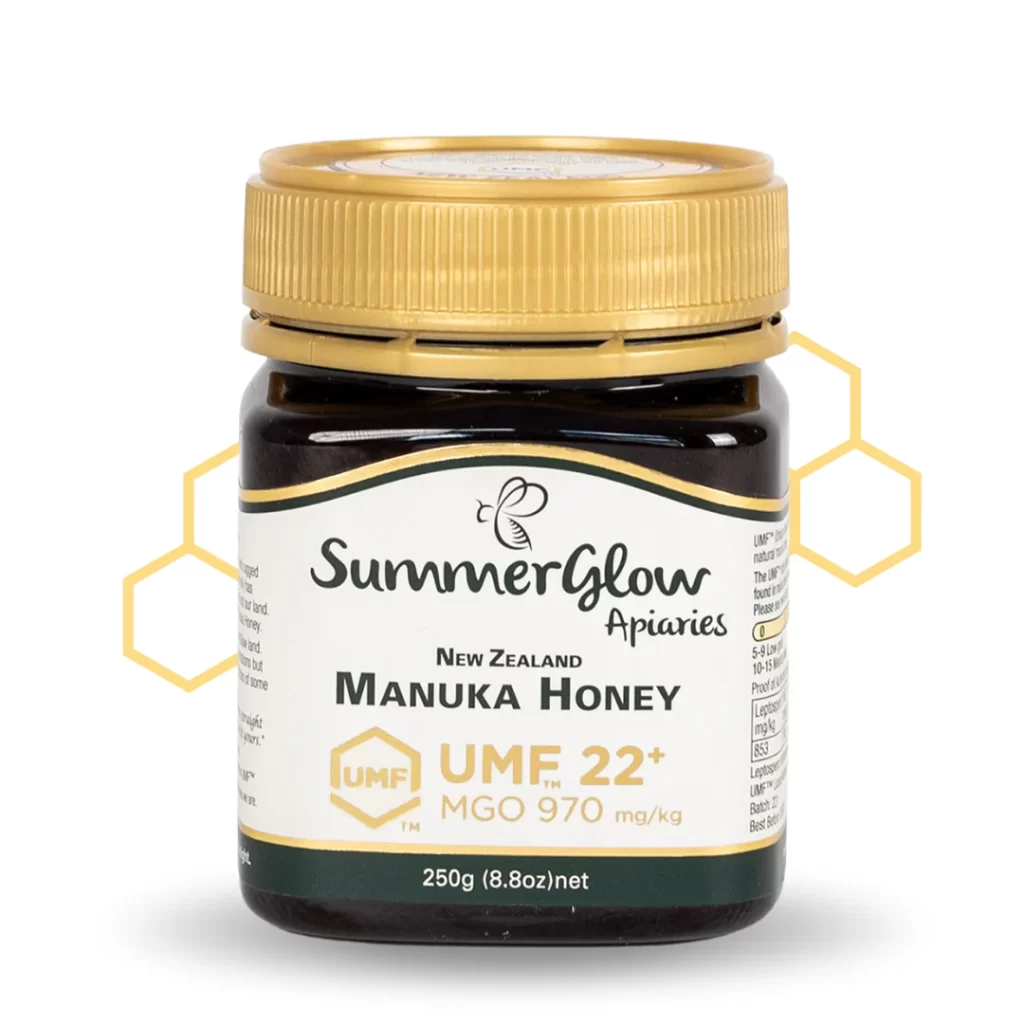
Honey, particularly raw or Manuka honey, is known for its antibacterial and anti-inflammatory qualities, which aid in soothing inflamed Acne and promoting healing. Its enzymatic hydrogen peroxide production provides antibacterial effects, which are beneficial in treating Acne. Honey can be applied to the skin or mixed with other natural ingredients to form a mask, offering a gentle yet effective treatment option for acne-prone skin.
Apple Cider Vinegar
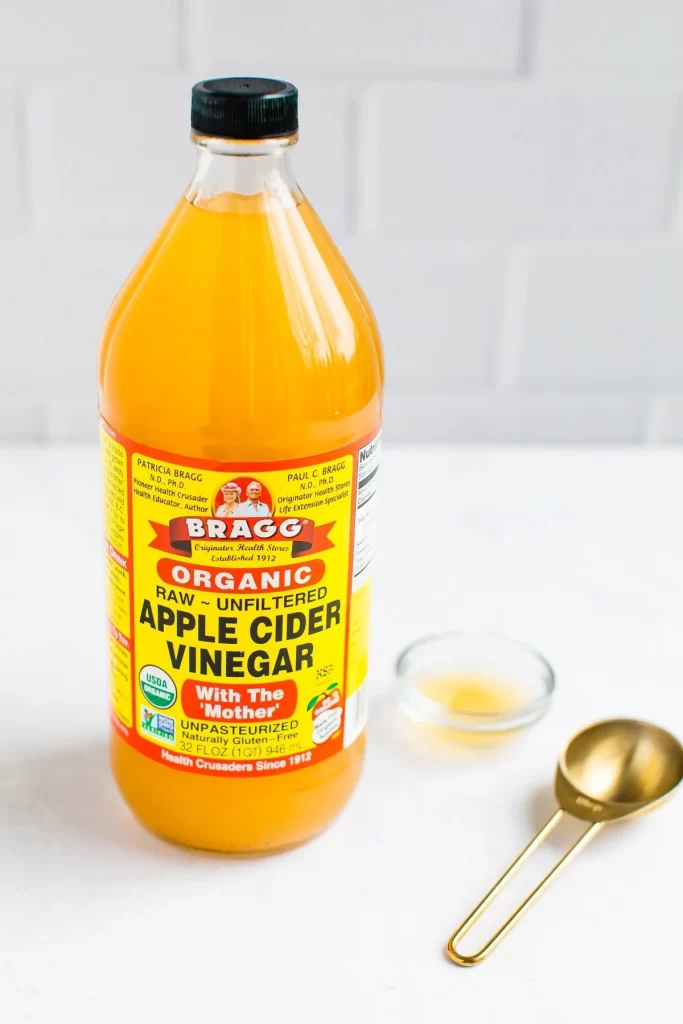
Apple cider vinegar (ACV) contains organic acids such as acetic acid, which have been noted for their antibacterial properties. However, its high acidity requires careful dilution before topical application to avoid skin irritation or burns. While ACV can be part of a skincare routine to help cleanse the skin and reduce bacteria, it must be used cautiously due to potential adverse skin reactions.
Green Tea
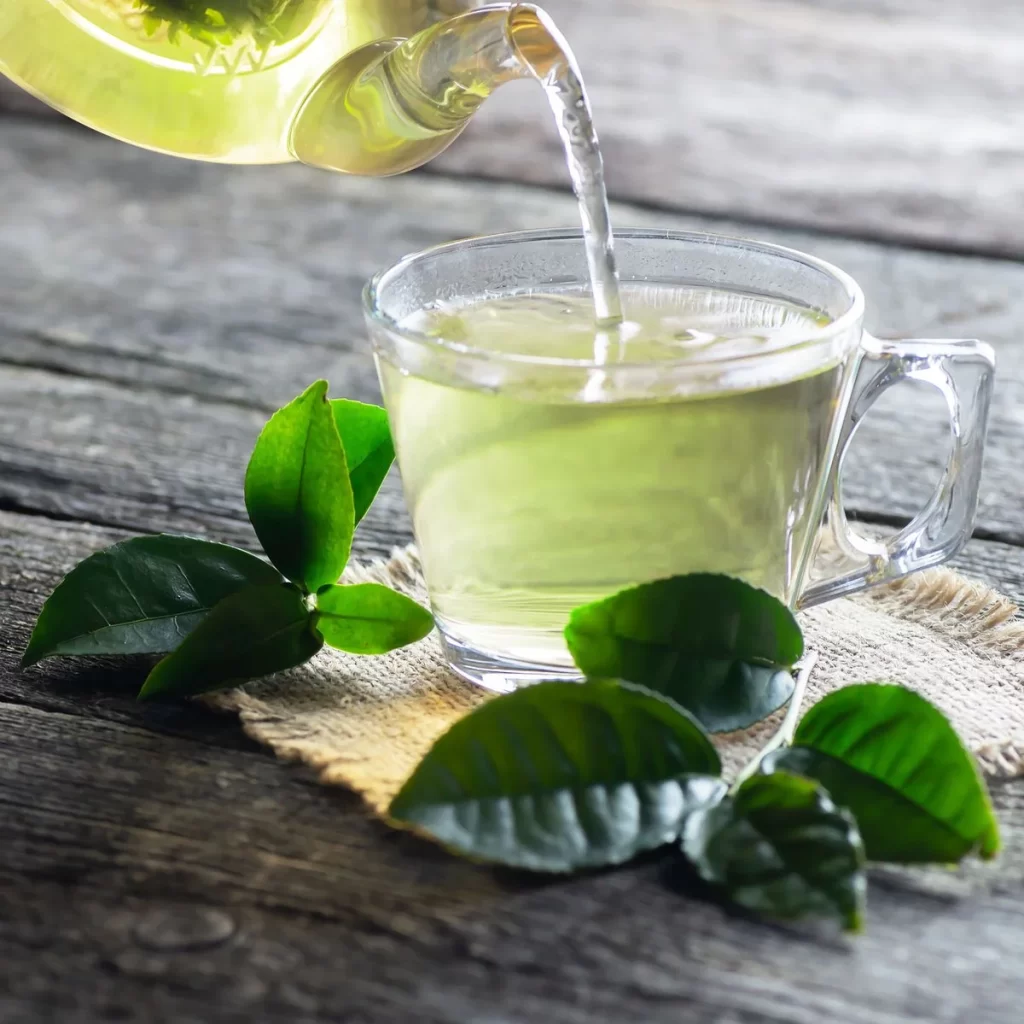
Green tea is rich in catechins like EGCG, which possess anti-inflammatory and antioxidant properties beneficial for acne-prone skin. Applying green tea topically or consuming it as a beverage can help reduce sebum production and fight acne-causing bacteria, contributing to clearer skin. For topical use, green tea can be incorporated into masks or used as a facial spritz to soothe and treat Acne effectively.
Lifestyle Changes to Manage Acne
Stress Management
Managing stress is crucial in controlling acne flare-ups. Stress-relieving activities such as yoga, meditation, or walking can significantly mitigate stress-induced Acne. Maintaining a regular sleep schedule and practising relaxation techniques like deep breathing exercises also effectively reduce stress levels, which helps manage Acne.
Dietary Adjustments
Adopting a diet low in high-glycemic foods and rich in omega-3 fatty acids can reduce Acne. Avoiding white bread, pasta, and sugar can increase blood sugar levels and potentially worsen Acne. Instead, incorporating foods like whole grains, beans, and fatty fish can help reduce inflammation and acne severity. Reducing dairy intake and choosing foods high in antioxidants and zinc, such as pumpkin seeds and nuts, can also be beneficial.
Proper Skincare Routine
A consistent skincare routine tailored to acne-prone skin is essential. Avoiding over-cleansing and harsh scrubbing is crucial, as these can often do the opposite effect and irritate the skin. Gentle cleansers and non-comedogenic moisturisers can help maintain skin health without clogging pores. Choosing skincare products that match one’s specific type of Acne, whether inflammatory or non-inflammatory, is also important.
Conclusion
By exploring natural remedies for Acne, this article has shed light on a range of effective, nature-derived solutions that offer a kinder alternative to harsh chemical treatments. The discussion highlighted the importance of understanding Acne’s multifaceted causes, from genetic factors to lifestyle influences. It emphasised how tea tree oil, aloe vera, honey, apple cider vinegar, and green tea can significantly affect skin health. By incorporating these natural remedies into a daily skincare regimen, alongside recommended lifestyle adjustments, individuals can tackle Acne with a holistic approach that targets existing breakouts and prevents future ones.
In navigating the journey toward clearer skin, it’s critical to approach natural acne treatments with a mindful attitude towards potential sensitivities and the importance of patch testing. The collective wisdom from centuries of natural skincare practices, bolstered by modern research, suggests a promising path for those seeking to manage Acne without harsh chemicals. As we continue to embrace these natural solutions, further research and open dialogue with dermatology professionals will enhance our understanding and effectiveness of natural acne treatments, ensuring a healthier, more radiant complexion for all.
What is the most effective method to eliminate Acne?
Regular Cleansing: Wash your face once or twice daily using a benzoyl peroxide face wash to reduce inflammation and kill acne-causing bacteria.
Proper Makeup Removal: Ensure all makeup and dirt are thoroughly removed to prevent buildup and pore-clogging.
Which herb is considered a miracle for treating Acne?
Tea tree oil, coming from the melaleuca alternifolia plant, is highly regarded for treating skin issues and wounds. Its antiseptic and anti-inflammatory properties can significantly reduce acne lesions.





